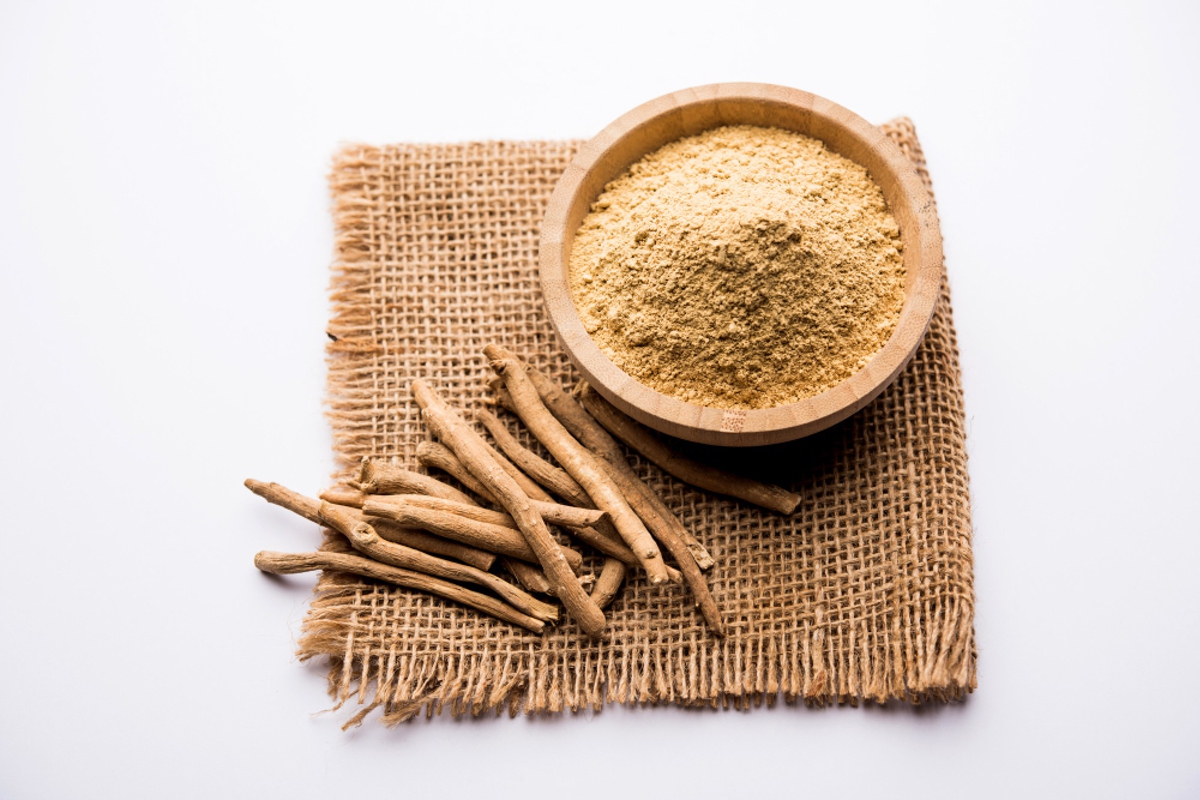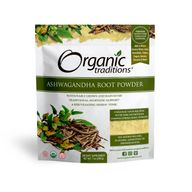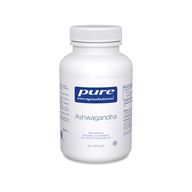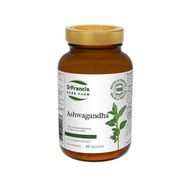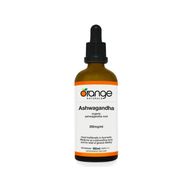Ashwagandha: A Powerful Adaptogen for Stress and Anxiety
Ashwagandha, scientifically known as Withania somnifera, is an ancient herb commonly used in Ayurvedic medicine for over 4,000 years, to promote overall health and well-being. This adaptogen herb is renowned for its potential to help the body cope with stress and improve cognitive function, mood, and energy levels. In this article, we will delve into the health benefits of ashwagandha, and discuss how to incorporate it into your daily routine for optimal results.
What is Ashwagandha?
Ashwagandha is a small shrub native to India, the Middle East, and parts of Africa. For centuries, its roots and leaves have been utilized in traditional medicine to treat a variety of conditions, including anxiety, arthritis, and insomnia. The active compounds in ashwagandha, called withanolides, possess anti-inflammatory, antioxidant, and immunomodulatory properties, which make it a promising candidate for treating a wide range of health conditions.
Health Benefits of Ashwagandha
1. Stress and Anxiety Reduction
Ashwagandha is perhaps best known for its stress-reducing properties. Studies have demostrated that ashwagandha can help lower cortisol levels, the hormone responsible for the body's stress response, and improve symptoms of anxiety and depression.
A 2012 study published in the Journal of Ayurveda and Integrative Medicine showed that Ashwagandha root extract improved resistance towards stress and self-assessed quality of life in stressed individuals.
Another study published in the Indian Journal of Psychological Medicine investigated the efficacy of a high-concentration extract of ashwagandha root in reducing stress and anxiety in adults. The results indicated that the ashwagandha group had significantly lower stress and anxiety scores compared to the placebo group.
2. Improved Brain Function
Ashwagandha may help improve cognitive function, memory, and reaction time in both healthy individuals and those with cognitive impairment. One study discovered that taking ashwagandha extract for eight weeks significantly improved memory, attention, and task performance in healthy adults.
A randomized, double-blind, placebo-controlled study investigated the effects of a standardized aqueous extract of ashwagandha on cognitive and psychomotor performance in healthy adults. The results showed that the ashwagandha group had significantly improved reaction time and cognitive function compared to the placebo group, with no adverse effects reported.
3. Reduced Inflammation
Ashwagandha has been shown to have potent anti-inflammatory properties, which may help reduce the risk of chronic diseases such as heart disease, diabetes, and cancer. One study from Journal of Complementary and Integrative Medicine showed that taking ashwagandha root extract for six weeks significantly reduced the inflammatory mediators and oxidative stress in adults with rheumatoid arthritis, compared to the placebo group, with no adverse effects reported.
4. Improved Exercise Performance
Ashwagandha has been shown to improve physical performance and muscle strength, making it a popular supplement among athletes and fitness enthusiasts. A systematic review and meta-analysis of nine studies investigated the effects of ashwagandha supplementation on physical performance. The results showed that ashwagandha supplementation was associated with significant improvements in endurance, strength, and recovery compared to placebo.
How to Incorporate Ashwagandha into Your Daily Routine
Ashwagandha is available in various forms, including capsules, powders, and teas. Here are some easy ways to incorporate ashwagandha into your daily routine:
1. Add ashwagandha powder to smoothies, oatmeal, or yogurt.
2. Drink ashwagandha tea by steeping a teaspoon of ashwagandha root powder in hot water for 5-10 minutes.
3. Take ashwagandha capsules according to the recommended dosage on the label.
It's important to note that ashwagandha may interact with certain medications, so it's always best to consult with your healthcare provider before adding any new supplements to your routine.
References:
1. Chandrasekhar, K., Kapoor, J., & Anishetty, S. (2012). A prospective, randomized double-blind, placebo-controlled study of safety and efficacy of a high-concentration full-spectrum extract of ashwagandha root in reducing stress and anxiety in adults. Indian Journal of Psychological Medicine, 34(3), 255–262.
2. Pingali, U., Pilli, R., & Fatima, N. (2014). Effect of standardized aqueous extract of Withania somnifera on tests of cognitive and psychomotor performance in healthy human participants. Pharmacognosy Research, 6(1), 12–18.
3. Usharani, P., Pushpavalli, G., & Fatima, N. (2014). Effects of Withania somnifera root extract on inflammatory mediators and oxidative stress in arthritis. Journal of Complementary and Integrative Medicine, 11(4), 233–240.
4. Shenoy, S., Chaskar, U., Sandhu, J. S., & Paadhi, M. M. (2012). Effects of Withania somnifera on physical performance: A systematic review and meta-analysis. Journal of the International Society of Sports Nutrition, 9, 43.
